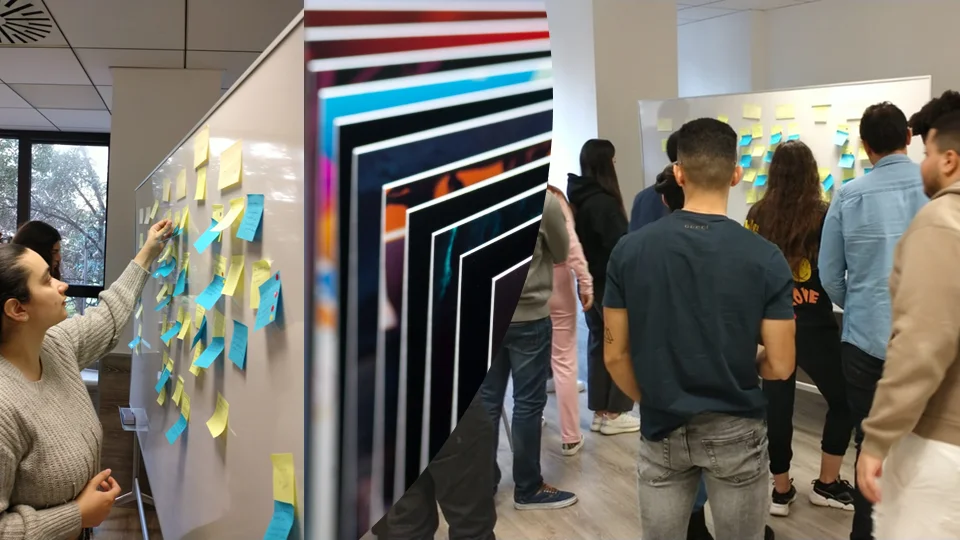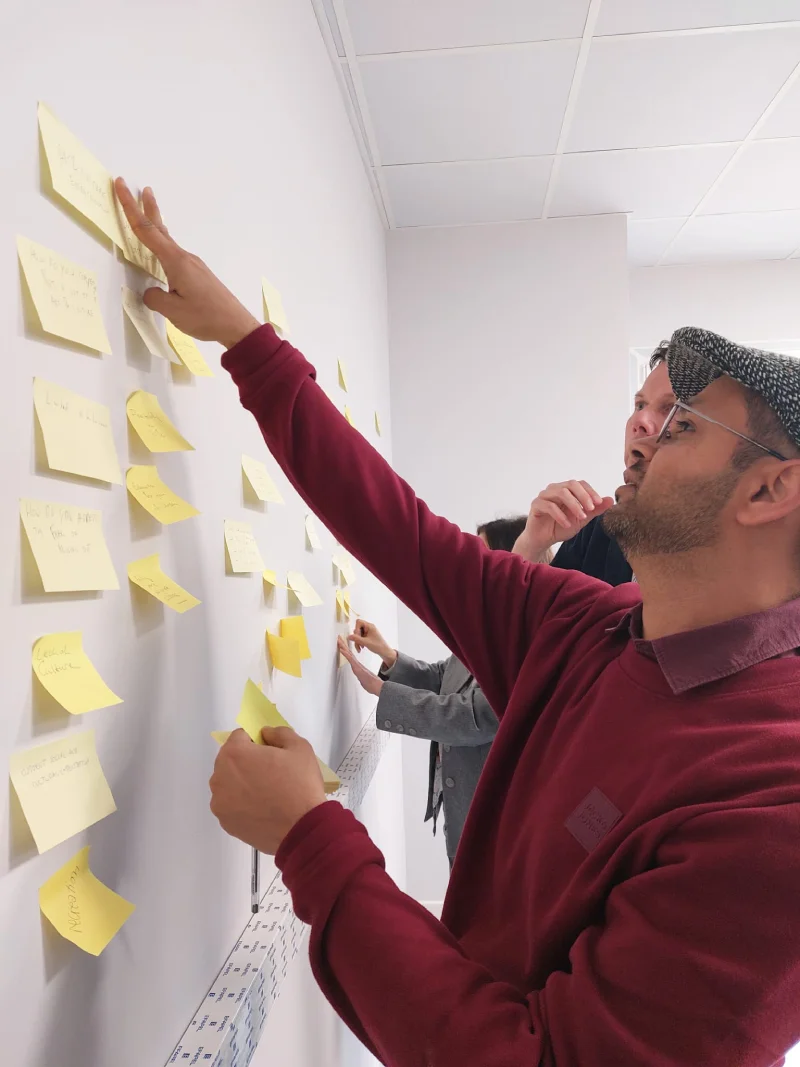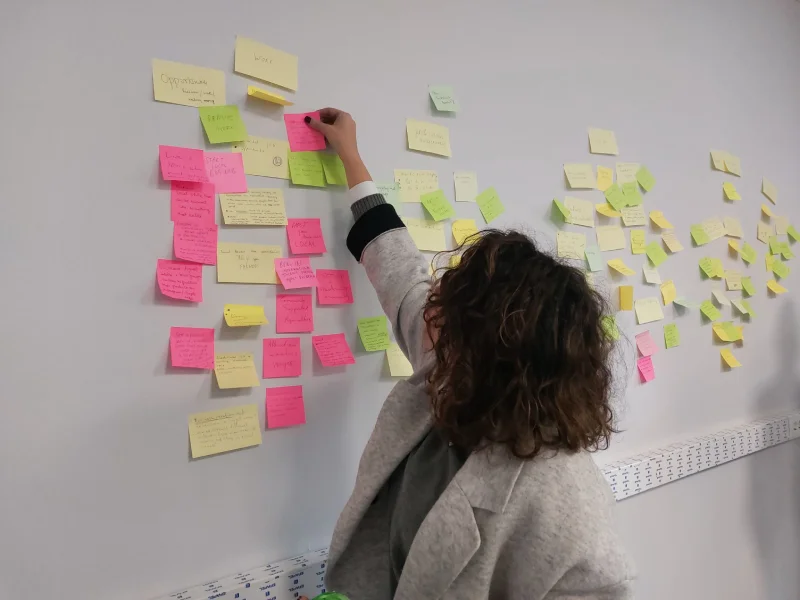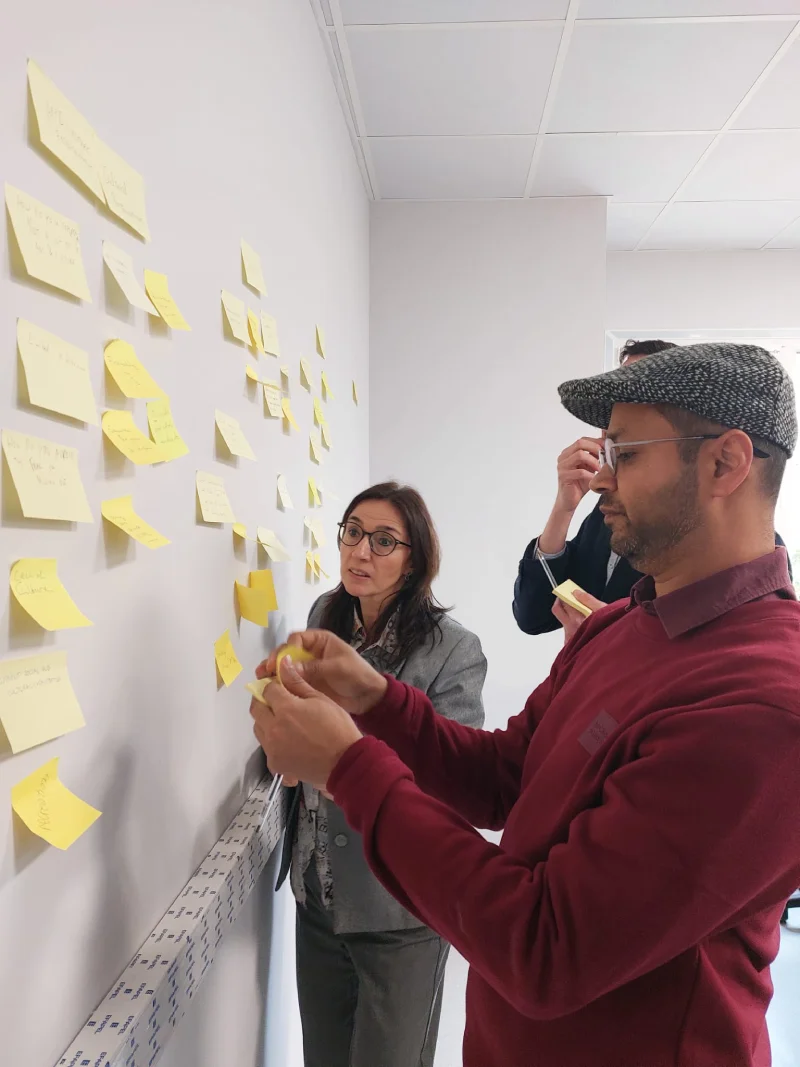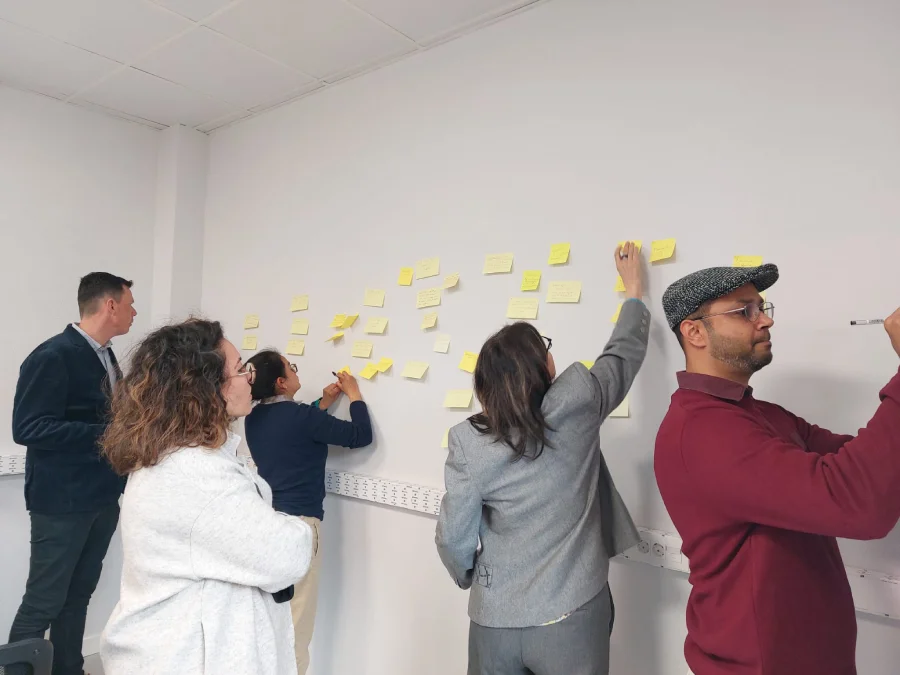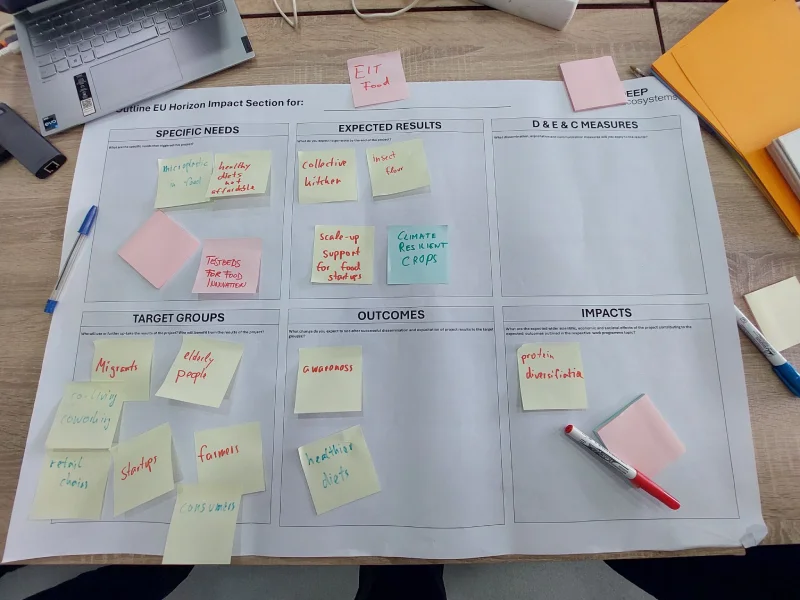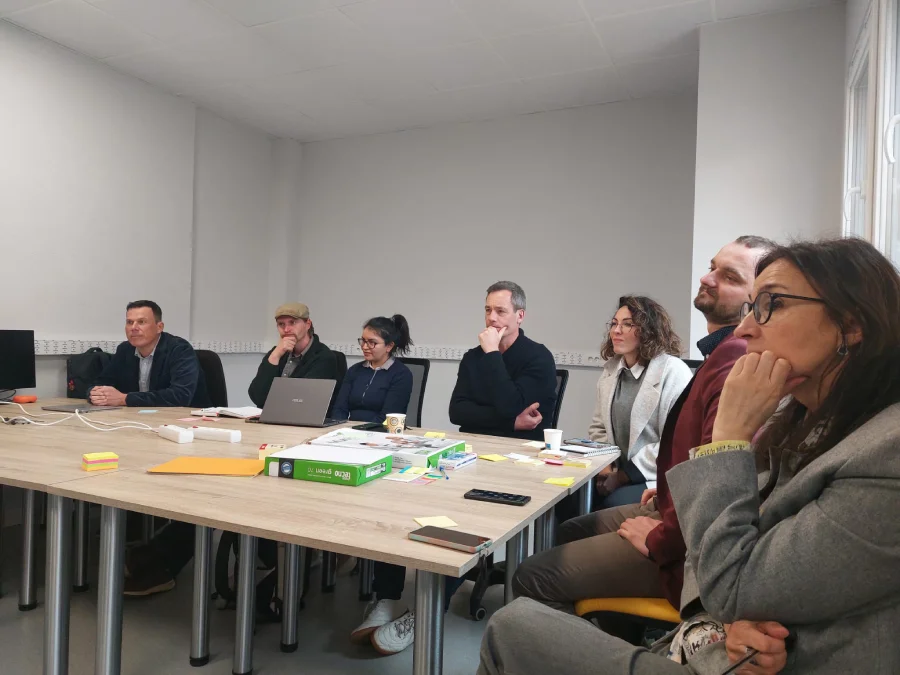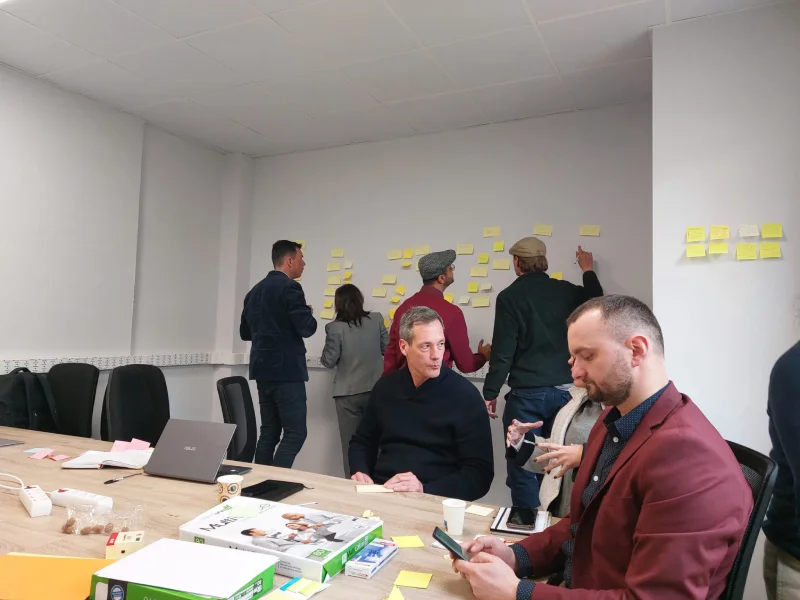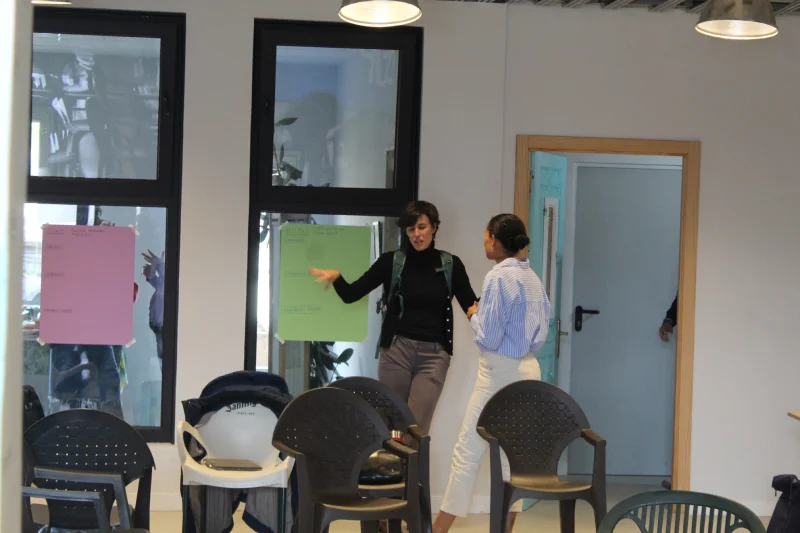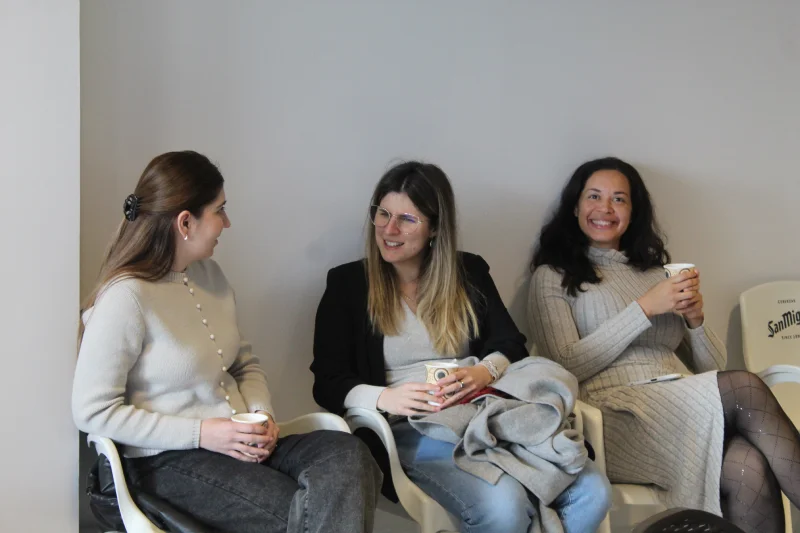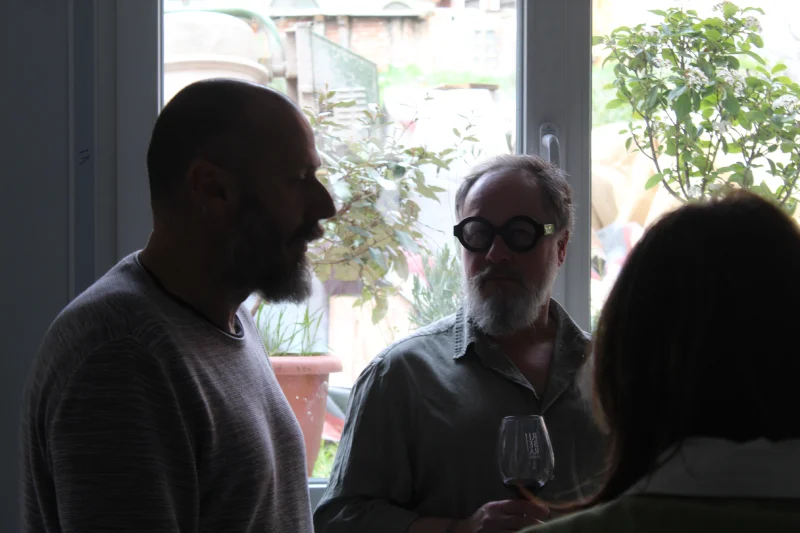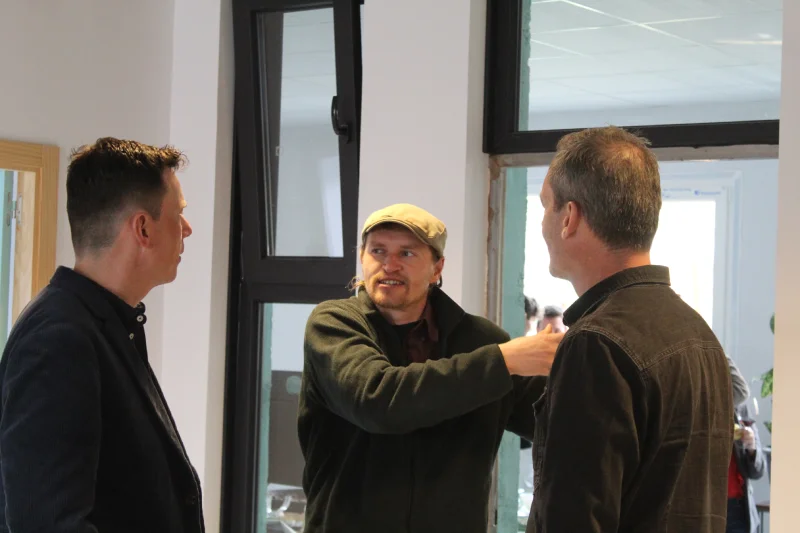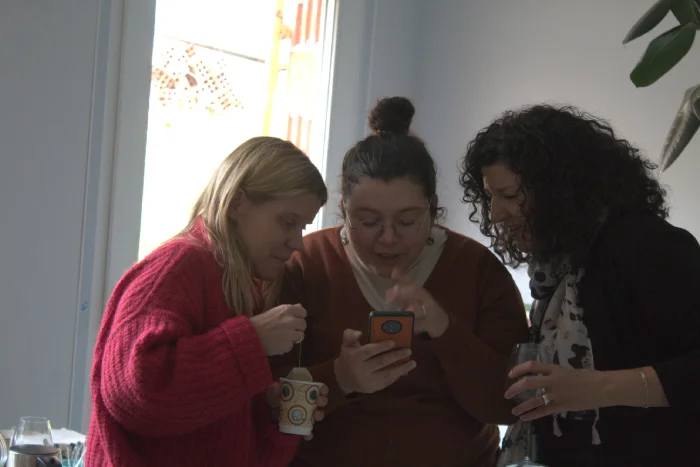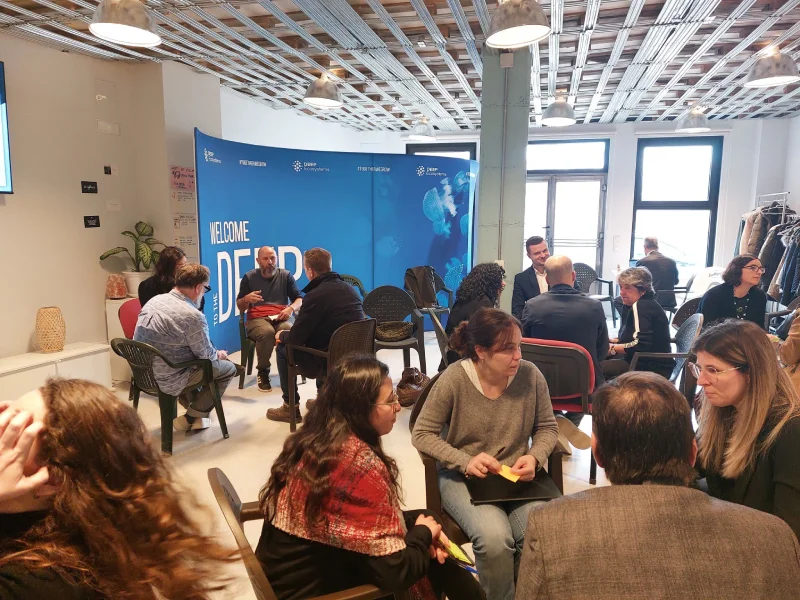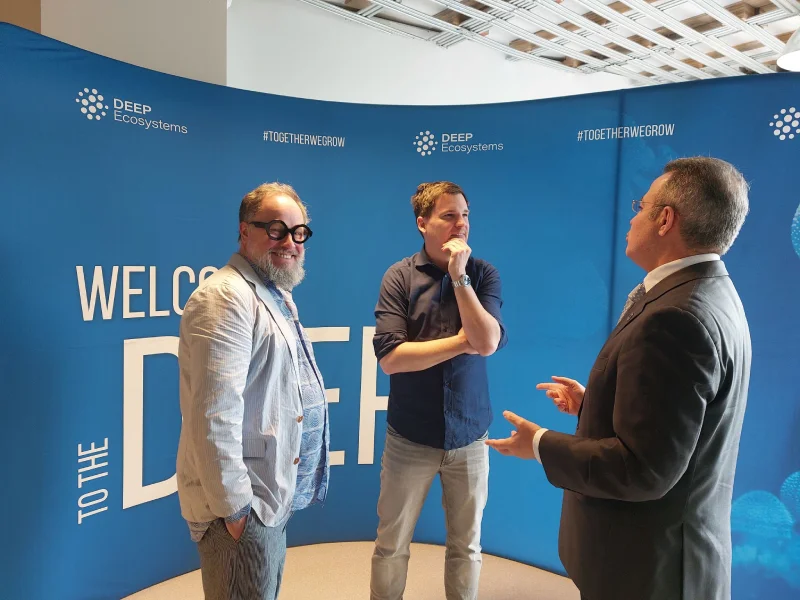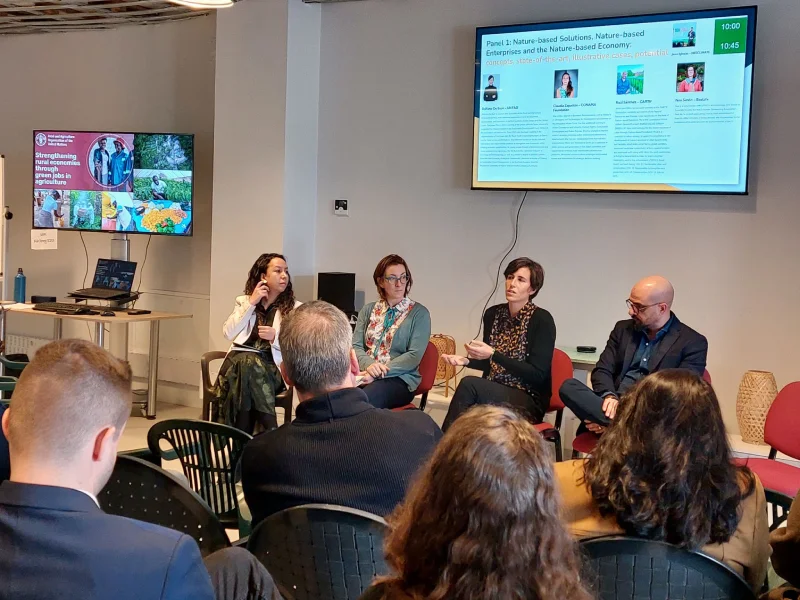event ended
DEEP Startup Ecosystem Conference, 2025
Uniting Global Innovators: Inspire, Collaborate, and Drive Change at the DEEP Startup Ecosystem Conference.
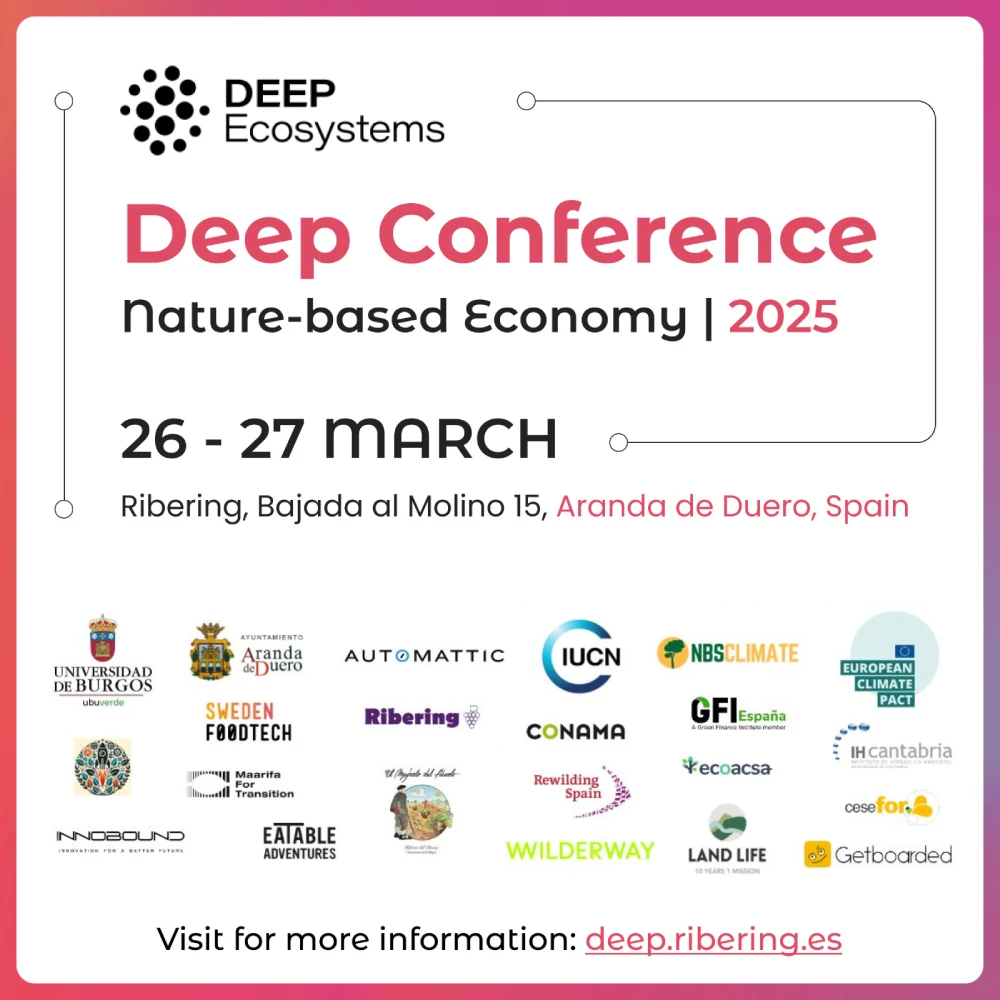
Attracting, Training, and Retaining Talent in Rural Areas: Insights from Our DEEP Dive Workshop
At DEEP Ecosystems, we believe in collaborative, bottom-up solutions—and our recent DEEP Dive workshop at Ribering (Coworking, Coliving & Impact Hub in Ribera del Duero) proved just how powerful this approach can be.
Focused on “How to Attract, Train, and Retain Professional Talent in Rural Areas,” this session brought together local leaders, entrepreneurs, and ecosystem builders to tackle one of rural economies’ biggest challenges: keeping skilled professionals engaged long-term.
Why a Bottom-Up Approach Works
Instead of imposing frameworks, we started with the community’s voice. Here’s how:
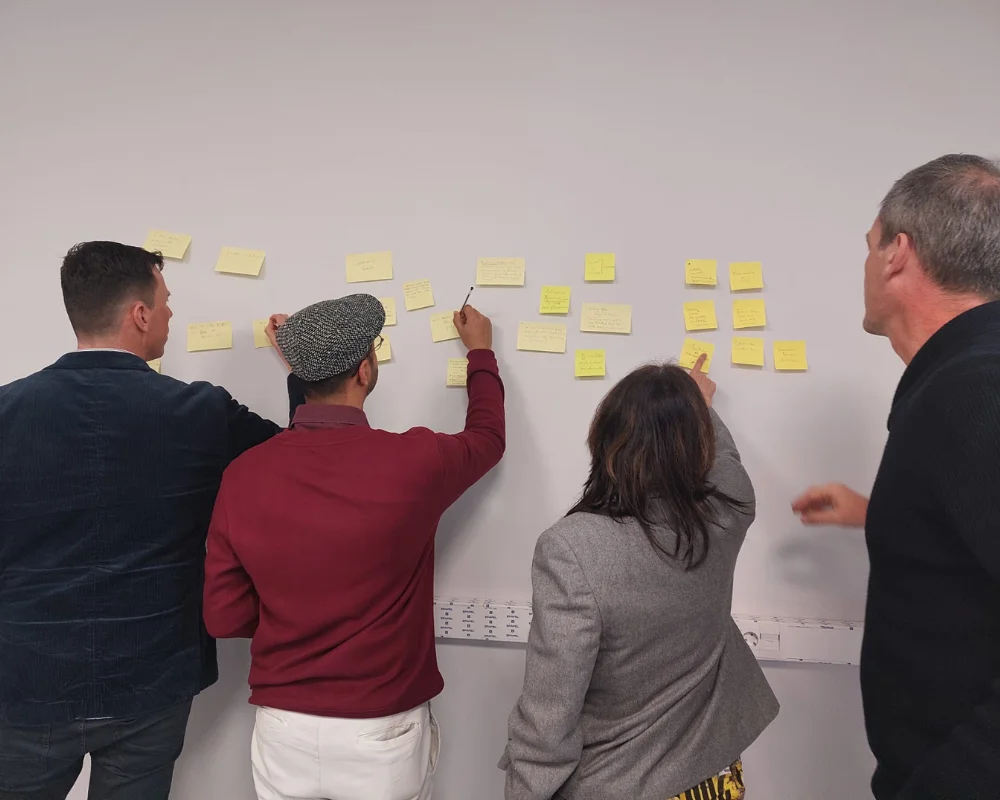
1. Uncovering the “Invisible Elephants”
We asked participants to share raw, unfiltered challenges—the issues often overlooked in traditional policymaking. Responses revealed:
“Young professionals leave because they don’t see career growth.”
“Companies struggle to hire because rural areas aren’t marketed well.”
“Training programs exist, but they don’t match industry needs.”
2. Clustering for Systemic Insights
Using emergent coordination (a core DEEP Ecosystems method), we grouped these challenges into key themes:
WorkOpportunities (Limited high-skilled jobs)
Education (Skills mismatch)
Infrastructure (Weak digital & social connectivity)
Art&Culture (Untapped lifestyle appeal)
This helped us see bigger patterns—not just isolated complaints.
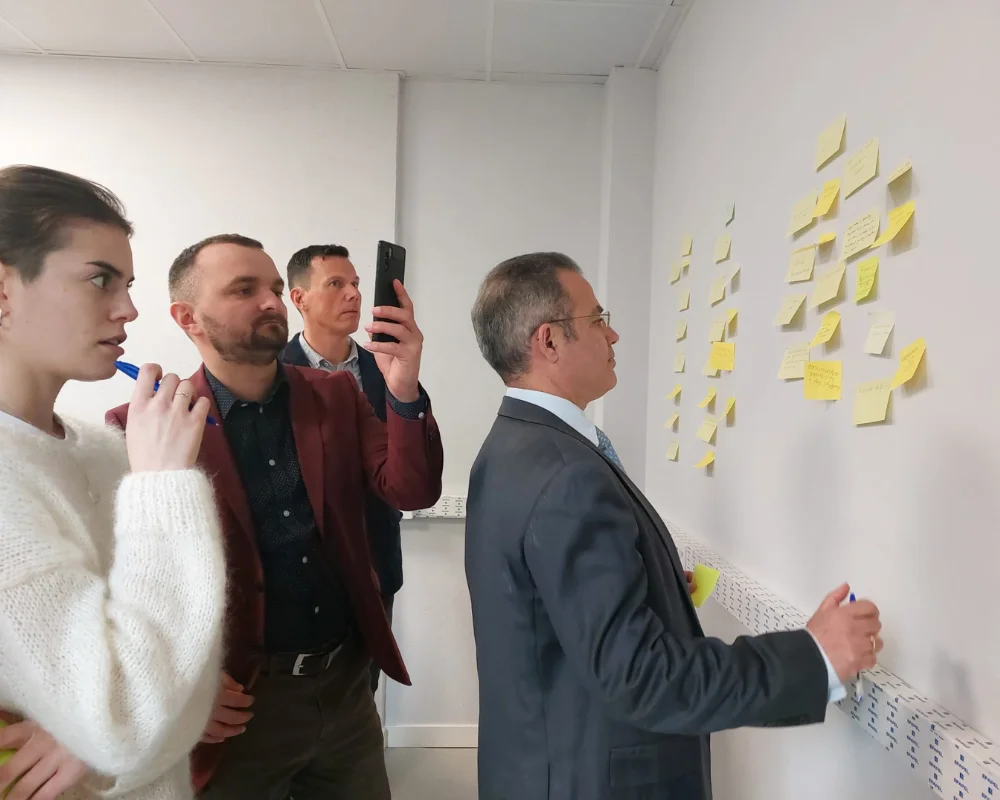
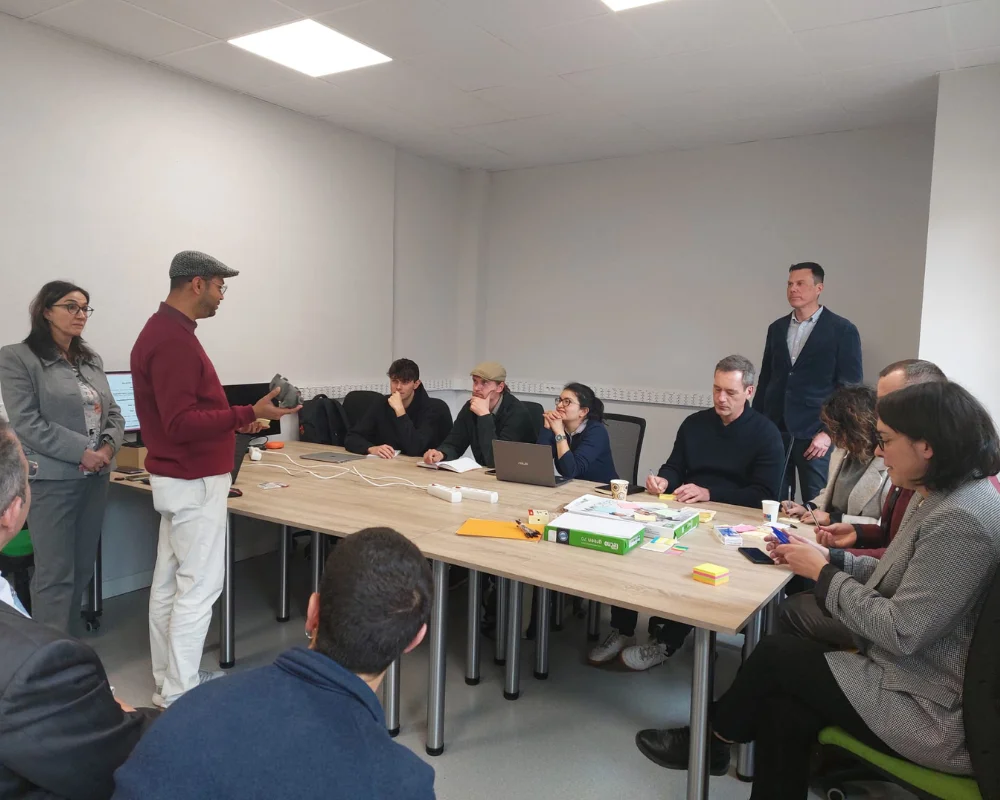
3. Prioritizing What Really Matters
The group collectively decided which challenges were most urgent, ensuring solutions were community-driven, not top-down.
From Problems to Action: Our 4-Step Workshop Flow
Problem Identification
Using a visual dashboard, participants mapped pain points in:
- Talent recruitment (How do we attract outsiders?)
- Retention (Why do people leave?)
- Local skills development (Are training programs effective?)
Solution Ideation
Breakout sessions sparked innovative fixes, like:
- Leverage Aranda de Duero’s jazz scene to attract creatives, not just winemakers.
- Create a ‘Rural Talent Network’ to connect employers with remote workers.
- Partner with universities for micro-internships in rural SMEs.
Task Formulation
Each solution was broken into actionable steps, with:
- Clear owners (Who’s responsible?)
- Standard Operating Procedures (SOPs) (How do we execute?)
Action Planning
Finally, we built a roadmap with:
- Pilot projects (Test fast, learn fast)
- Metrics for success (What does "winning" look like?)
- Follow-up commitments (No "talk shops" here!)
Key Takeaways: What We Learned
1. Rural ≠ Boring
Places like Aranda de Duero have hidden assets (music, culture, nature) that can attract talent—if marketed right.
2. Data + Visualization = Better Decisions
Seeing challenges mapped visually helped spot leverage points faster.
3. Ownership Drives Change
When locals co-create solutions, they’re more likely to act on them.
4. Talent Retention = Economic Revival
Keeping skilled workers boosts innovation, creates jobs, and strengthens communities.
Pitfalls to avoid
Short-Term
✅ Finalize 3 pilot projects (e.g., a rural talent job board)
✅ Host monthly check-ins to track progress
Long-Term
✅ Scale what works into regional policy
✅ Build a cross-regional learning network
Looking to run our workshop at your university or organization? Connect with us for a free consulting session or invite us to work with you on it via www.Getboarded.com. Our workshops can be done digitally on Miro app within a room on Video.Wiki, making them environment friendly. Have fun experimenting with organizational design! Join our ALTF ecosystem to engage in purposeful work with impact.


